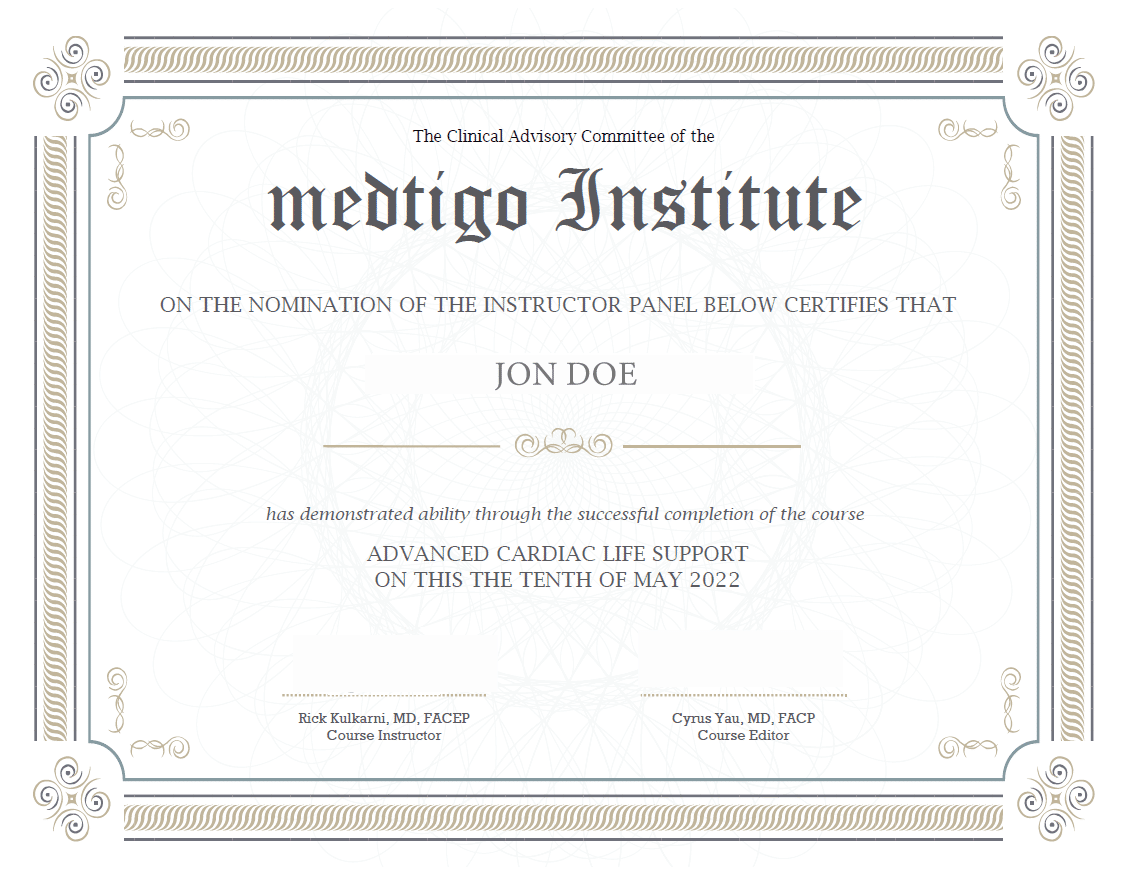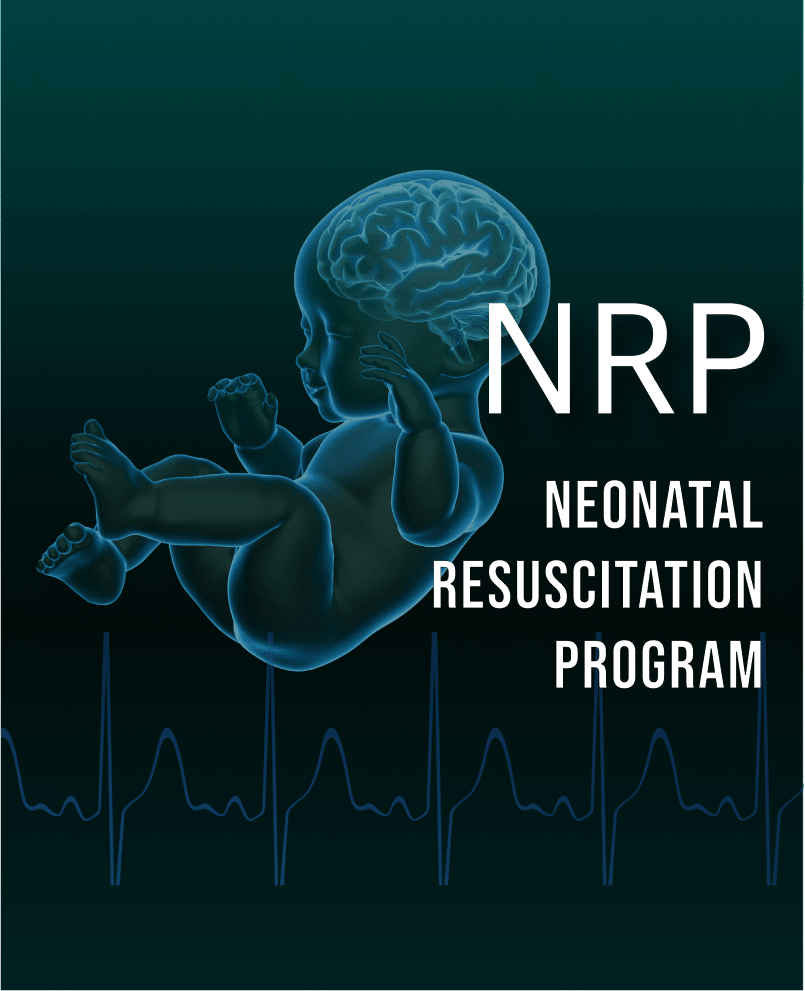Researchers at the University of Connecticut have discovered that old, obese fruit flies can experience improved health and increased lifespan by adopting a low-calorie diet. The study, published in the Proceedings of the National Academy of Sciences on December 8, suggests that if the findings hold true for humans, it may never be too late for obese individuals to enhance their health through dietary changes.
Obesity, characterized by excess body fat, is associated with various metabolic diseases such as heart disease and diabetes. While previous animal studies have demonstrated that calorie restriction without malnutrition can extend lifespan, the translation of these findings to humans has been challenging. The UConn School of Medicine researchers aimed to investigate the effects of late-life dietary changes on the metabolism and lifespan of fruit flies.
Fruit flies were chosen for the study due to their short and fast life cycle, making it easier to observe changes over a relatively brief period. The researchers fed one group of flies a high-sugar, high-protein, high-calorie diet that emulates the processed modern diet, inducing metabolic changes akin to those seen in obese humans. Another group was given a low-calorie diet, providing only half the energy of a regular diet.
The team, led by geneticist Blanka Rogina, focused specifically on male fruit flies. Flies that were switched from a high-calorie to a low-calorie diet at 20 days old exhibited significantly extended lifespans, comparable to those raised on a low-calorie diet from day one. Surprisingly, even old and metabolically compromised flies that were switched to a low-calorie diet at 50 or 60 days experienced positive changes in metabolism, a decline in death rates, and increased lifespans.
Rogina emphasized that the study’s findings, conducted on flies aged on a high-calorie diet similar to obese individuals, suggest that late-life dietary shifts in obese humans could have remarkable health benefits. Brent Graveley, Chair of Genetics and Genome Sciences at UConn School of Medicine, highlighted the remarkable nature of the study, noting that even after a significant portion of their lives on a high-calorie diet, flies could gain the benefits of extended lifespan by transitioning to a low-calorie diet.
To delve deeper into the underlying mechanisms, the researchers examined gene expression in the high-calorie and low-calorie flies. They identified differences in genes controlling physiological and metabolic adaptation between the two groups. The study underscores the adaptability of flies’ metabolisms to dietary changes even in old age.
Since many metabolic pathways in fruit flies are shared with humans, the researchers speculate that similar responses may occur in human metabolism. This implies that individuals who have followed a high-calorie diet could potentially benefit from reducing their calorie intake in old age to improve health and extend lifespan.
The researchers are expanding their investigations by analyzing data from female fruit flies to determine if there are any sex-related differences in response to diet shifting. Overall, this study suggests a promising avenue for addressing the health impacts of obesity in late life through dietary interventions, potentially offering hope for better health outcomes in aging populations.
Journal Reference
Michael Li et al, Late-life shift in caloric intake affects fly metabolism and longevity, Proceedings of the National Academy of Sciences (2023). DOI: 10.1073/pnas.2311019120











